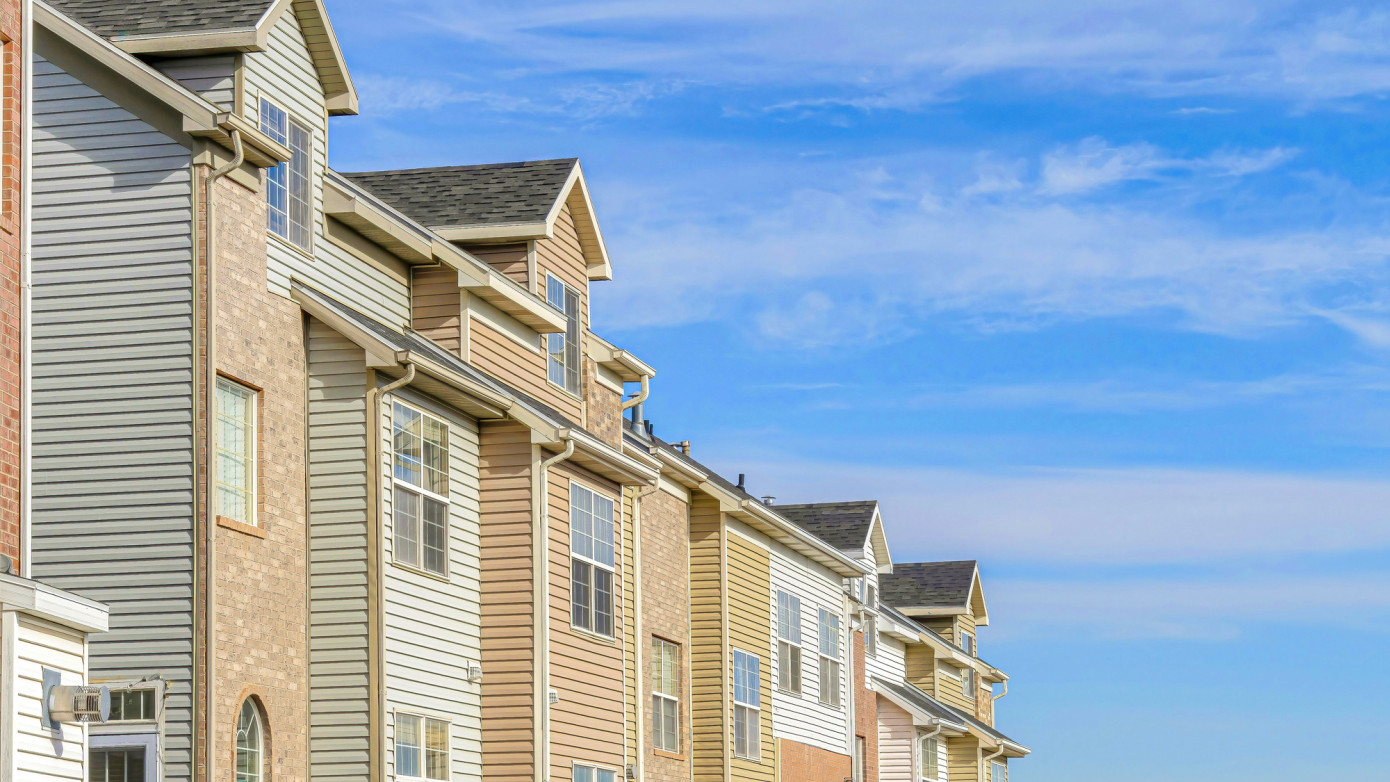Discontent over housing costs has surged to unprecedented levels in wealthy countries, outstripping concerns over healthcare and education. According to Gallup Analytics figures published by the FT, half of the respondents in OECD nations are dissatisfied with the availability of affordable housing, a sharp increase since central banks hiked interest rates to combat the highest inflation in decades.
While higher interest rates have cooled property prices in parts of Europe, they remain far above pre-pandemic levels. In Germany, home prices have climbed 20% since 2020, while France has seen a 15% increase. In the UK, house prices are now eight times the average annual wage, more than double the ratio from 1997.
The situation is particularly acute in the U.S., where home prices have jumped nearly 38% since President Joe Biden took office in January 2021. Despite the Federal Reserve's rate hikes, mortgage payments on a median-priced home have skyrocketed from $2,000 to $3,096, squeezing potential buyers. Rents have also surged, up 14% for a one-bedroom apartment since last year, with cities like New York and San Francisco seeing increases over 20%.
A key factor driving the crisis is a shortage of new housing. OECD economist Willem Adema points out that developers are prioritizing luxury properties, leaving lower-income households with fewer options. This has pushed a record number of UK households, over 100,000, into temporary accommodation.
Gallup data shows that dissatisfaction is most pronounced among younger populations. Fifty-six percent of those aged 30 to 49 and 55% of those under 30 express dissatisfaction with housing affordability. This growing frustration is expected to influence upcoming elections, especially in the U.S., where housing affordability will be a pivotal issue.
Beyond housing, around 30% of people in wealthy countries express dissatisfaction with healthcare, education, and public transportation. Overall discontent with living standards has also edged up, rising from 24 to 25% in 2023.
